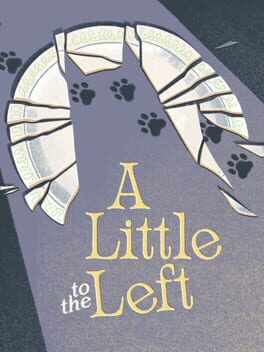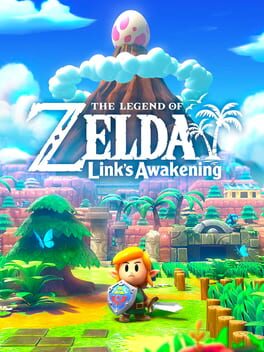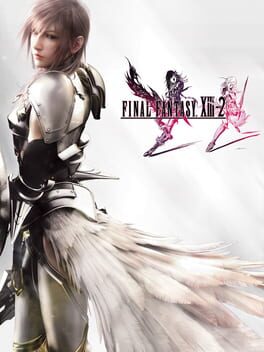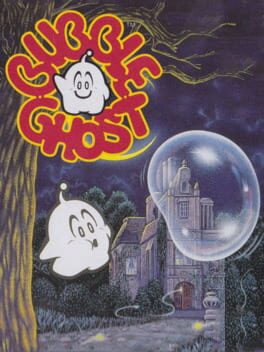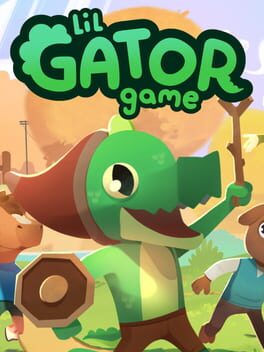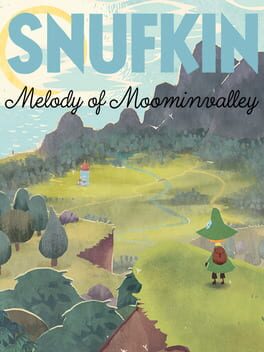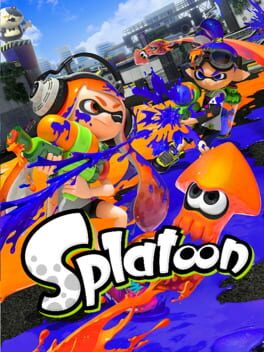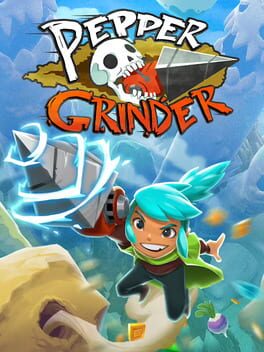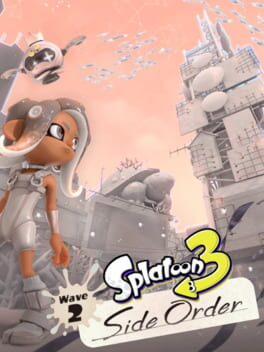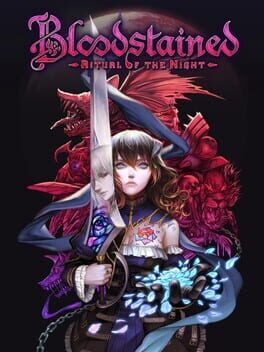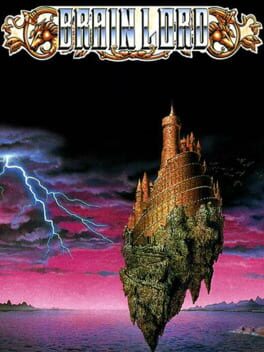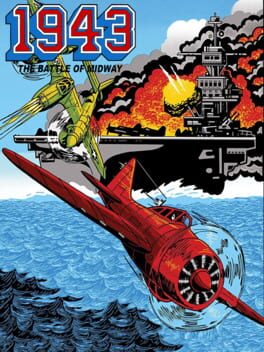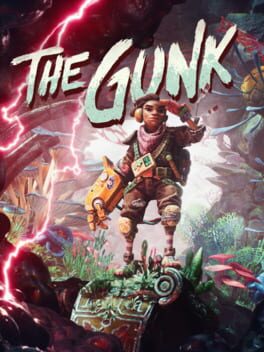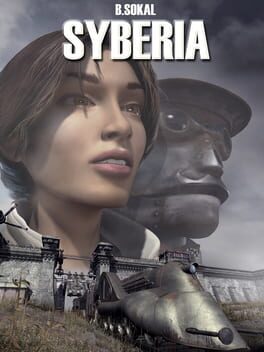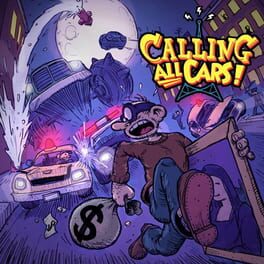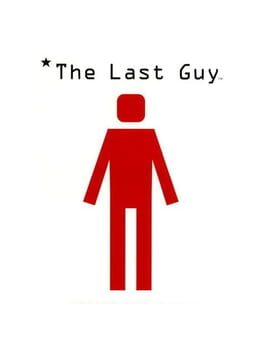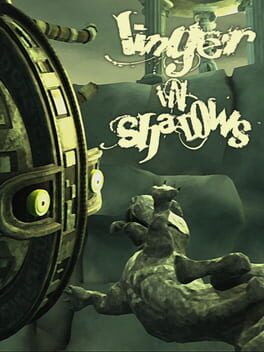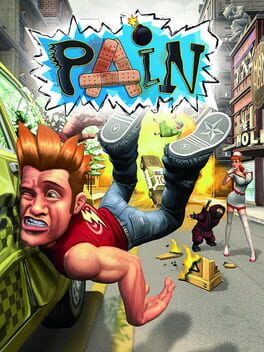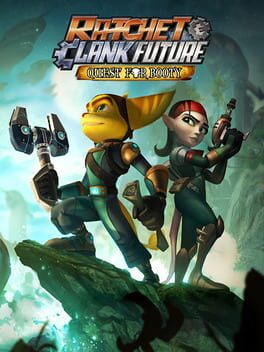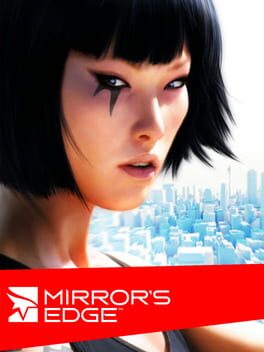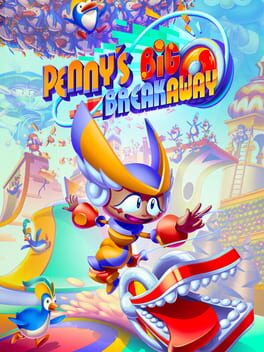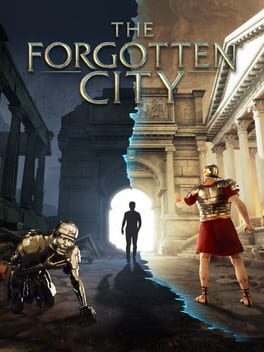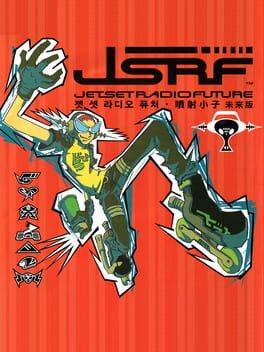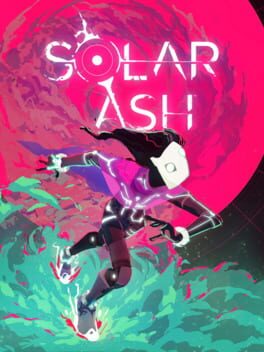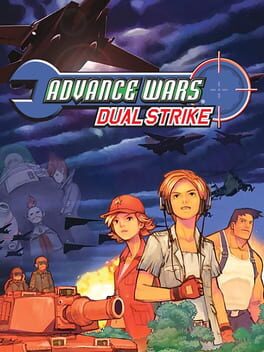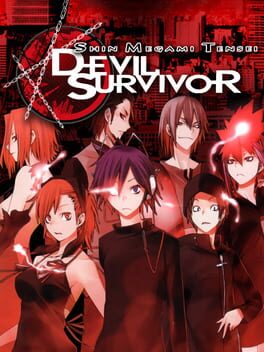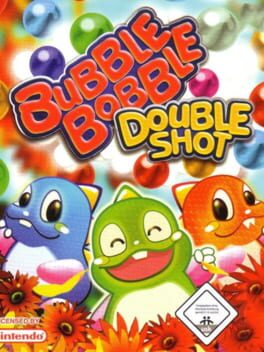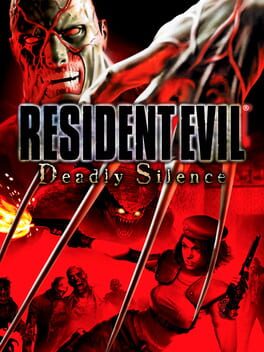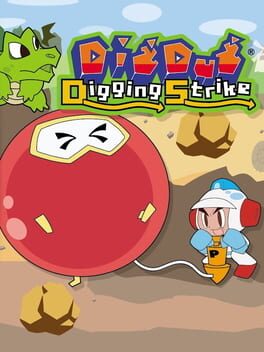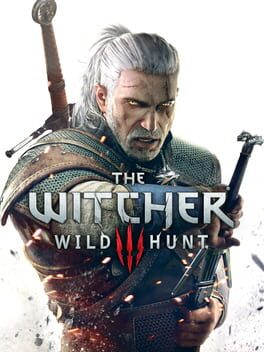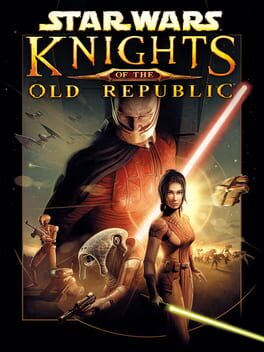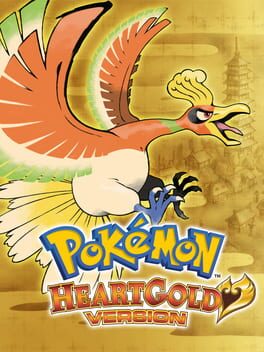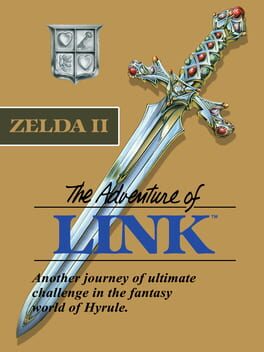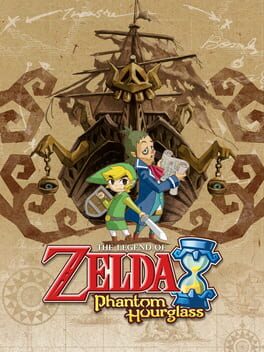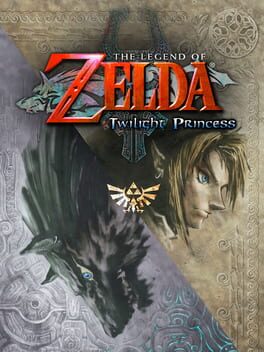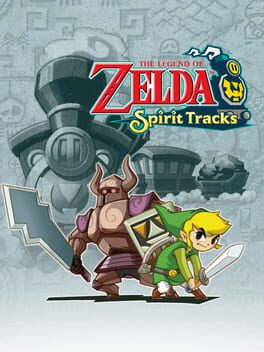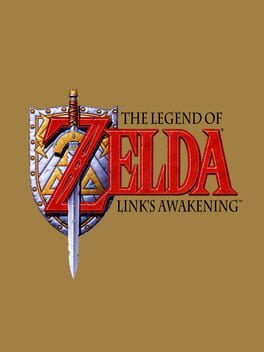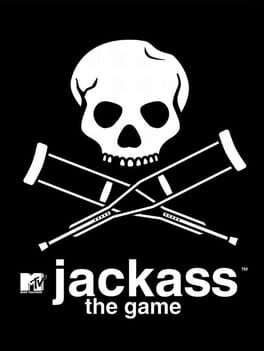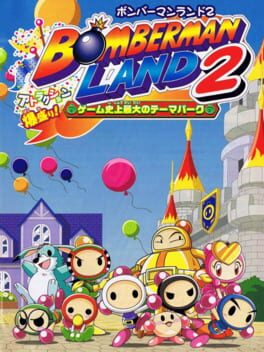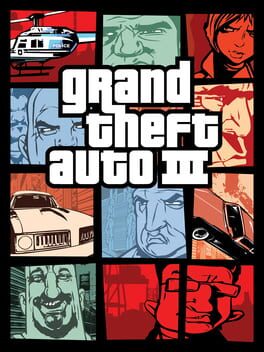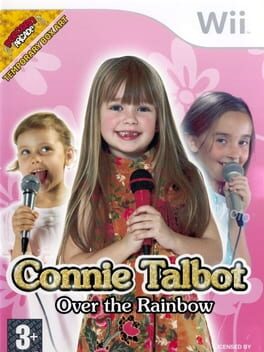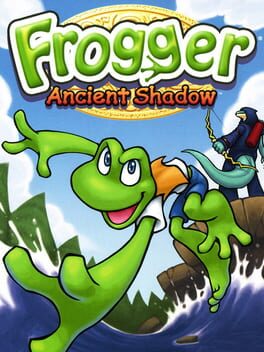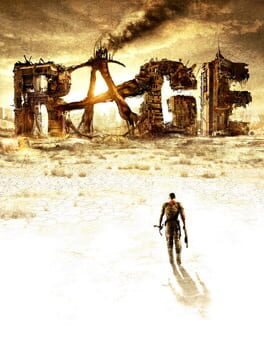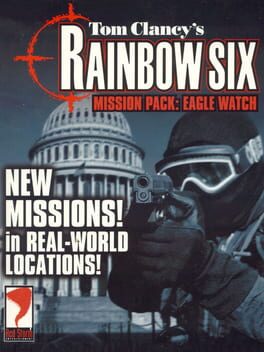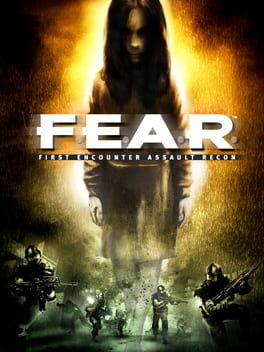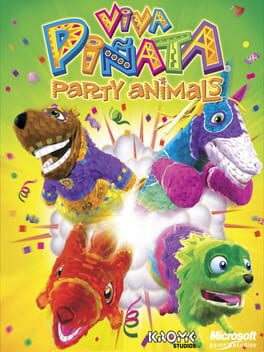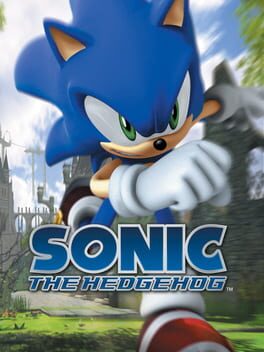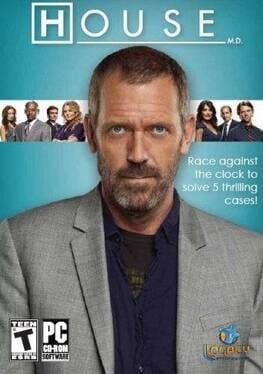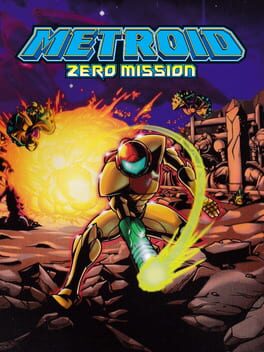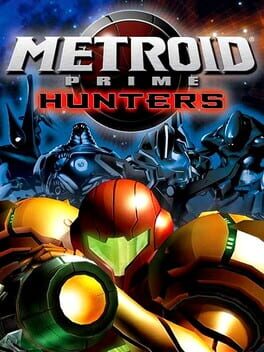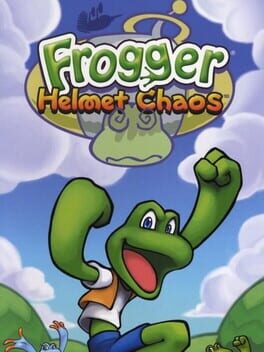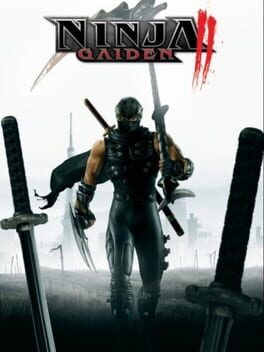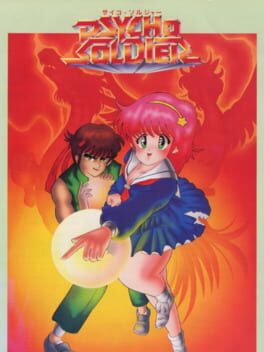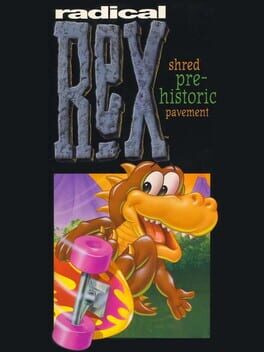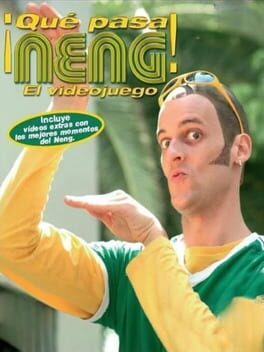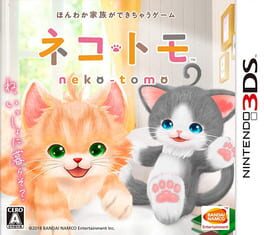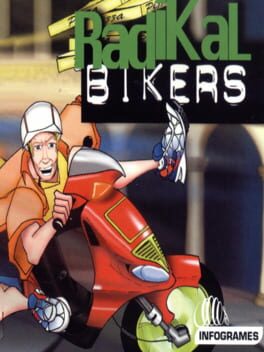Psientologist
308 reviews liked by Psientologist
A Little to the Left
2022
Markets itself as a cozy, zen organization game and is everything but. Some puzzles are extremely arbitrary to the point I found myself getting frustrated after having my answers get rejected without any indication whether I was close to the intended solution. The tips are terrible.
If you are looking for an actual relaxing game, steer clear of this one and go play Unpacking or Assemble With Care instead.
If you are looking for an actual relaxing game, steer clear of this one and go play Unpacking or Assemble With Care instead.
Final Fantasy XIII-2
2011
This review contains spoilers
So I put about 6 hours into the Steam version of this, was experiencing quite a few crashes, but seemed to have tempered them a bit but then I reached an issue where it would just get stuck on a loading screen and wouldn’t progress, and I decided this wasn’t worth all the effort and I’d just watch a compilation of cutscenes on youtube to get some closure on this game as I progress through my current Final Fantasy hyper-fixation.
Seemed to be doing what it could to answer the criticisms of the first game by giving you more open, explorable locations with NPC’s to talk to some of whom have side quests. Although actually doing any of them was not a particularly enticing prospect.
The good thing is the battle system is more open from the start, and the concept of having monsters fight alongside you instead of a 3rd party member does seem cool would have liked to have seen how that progressed.
Story was a lot more coherent than the first game, but it does suffer for the smaller cast of characters. It does have a good antagonist as well, someone who’s motivations are… insane but sympathetic. There's some interesting twists on the usual JRPG themes.
It also understandably has this lower budget straight to VHS sequel vibe that’s hard to shake.
There was a lot of good in the story emotionally here, but it is a bit unsatisfying that things end up being a cliffhanger for the next game. In some ways it's an incredibly brave ending, but it's obviously not going to stick.
Huh how about that. It’s the middle game of a Final Fantasy trilogy with a story about multiple timelines that ends in a tragic but uncertain fate for the female protagonist. Interesting. Mind you this one actually made a lot more sense.
Seemed to be doing what it could to answer the criticisms of the first game by giving you more open, explorable locations with NPC’s to talk to some of whom have side quests. Although actually doing any of them was not a particularly enticing prospect.
The good thing is the battle system is more open from the start, and the concept of having monsters fight alongside you instead of a 3rd party member does seem cool would have liked to have seen how that progressed.
Story was a lot more coherent than the first game, but it does suffer for the smaller cast of characters. It does have a good antagonist as well, someone who’s motivations are… insane but sympathetic. There's some interesting twists on the usual JRPG themes.
It also understandably has this lower budget straight to VHS sequel vibe that’s hard to shake.
There was a lot of good in the story emotionally here, but it is a bit unsatisfying that things end up being a cliffhanger for the next game. In some ways it's an incredibly brave ending, but it's obviously not going to stick.
Huh how about that. It’s the middle game of a Final Fantasy trilogy with a story about multiple timelines that ends in a tragic but uncertain fate for the female protagonist. Interesting. Mind you this one actually made a lot more sense.
Bubble Ghost
1990
Got this as a random game on my Miyoo Mini and it's ace! A real wee treat!
I reckon I'd have been raging if I'd bought it when I was a kid, as it's quite short, but it is a very satisfying wee game.
Oh and the music! So good.
I reckon I'd have been raging if I'd bought it when I was a kid, as it's quite short, but it is a very satisfying wee game.
Oh and the music! So good.
Lil Gator Game
2022
Splatoon
2015
One last turf war before the plug is pulled on my favourite era of videogames since the PS1.
Well, a few games, and several games which disconnected due to server instability. An all time classic. Memories of hot summer evenings in 2015 playing Squid Jump while waiting in the lobby. The lobby music sending me right back to the time.
My friend actually bought me this. I got home from work to find a parcel with my name changed to an ink related pun. I couldn't believe my luck. Iffy servers be damned, I spent hours upon hours on this game, and for a while it was never bettered. It took a lot of updates for the sequel to rival this one.
It may have been superseded and eventually bettered, but this will always be my favourite.
Stay fresh 🥲
Well, a few games, and several games which disconnected due to server instability. An all time classic. Memories of hot summer evenings in 2015 playing Squid Jump while waiting in the lobby. The lobby music sending me right back to the time.
My friend actually bought me this. I got home from work to find a parcel with my name changed to an ink related pun. I couldn't believe my luck. Iffy servers be damned, I spent hours upon hours on this game, and for a while it was never bettered. It took a lot of updates for the sequel to rival this one.
It may have been superseded and eventually bettered, but this will always be my favourite.
Stay fresh 🥲
Pepper Grinder
2024
Ah. That’s more like it.
As the one person I know who likes Donkey Kong Country, Drill Dozer, and that one burrowing escape sequence from Ori and the Will of the Wisps, I knew Pepper Grinder was going to be right up my alley. What impressed me though, was just how precisely the game melded its influences into something that felt simultaneously fresh yet familiar. The level design is classic obstacle escalation (introduce a concept, scale it up, throw in a twist, and then run the player through a final exam into their victory lap) with DKC inspired secrets with skull coin collectibles for unlocking secret levels. Many of the usual formula beats are present as well to force execution tests, from the usual moving parts in the forms of cannons, rope swings, and grappling points, to constantly present sources of danger like the freezing ocean or the temporary dirt patches created from cooling lava. What sets Pepper Grinder apart however, is that the terrain itself is the main obstacle. It feels like such a natural pairing to seamlessly mesh environmental navigation with the course’s very foundation, and the best moments of the game lean into funneling the player through various layers of shifting and isolated terrain while tearing through all that may stand in their way.
That said, I think to really understand the nuances of Pepper Grinder, one has to readily commit to its time attack mode. I could have been sold on the game-feel alone as an amalgam of Donkey Kong Country’s momentum physics and Drill Dozer’s force feedback, but playing under circumstances that force you to squeeze every possible second out of the timer gives the player a better appreciation of its movement mechanics. Pepper is not very fast on foot, nor can she naturally jump very far. Therefore, you’d think that most speed comes from tunneling through terrain, but it’s not quite that either. Rather, the player has to maintain momentum through the interplay of drilling and jumping by exiting terrain via the drill run (boosting right as you’re about to leave a patch of dirt), which commits the player to the projected arc leaving the terrain but with the reward of significantly more speed. The result is some of the weightiest and most satisfying movement I have ever experienced in any platformer. I was constantly figuring out new ways to save seconds by timing by boosts both within terrain and right before exiting terrain (since you can’t just spam boost and using it too early can lock you out from getting the necessary boost jump out of terrain), skipping certain obstacles entirely with well-placed drill runs, and figuring out how to manage my health to bypass unfavorable cycles and damage boost past mines and thorns. Some of those gold time attack medals were tight ordeals, but I absolutely savored every moment of the grind.
Bosses as a whole are a significant improvement from the usual quality of those in Donkey Kong Country. You’re not safe just waiting above ground, and burrowing to dodge attacks forces you to at least dash-dance underground since drilling means you can’t stay in one place. As a result, the player is constantly on the move, and you’re incentivized to do so anyways given that most of the bosses require multiple hits to defeat and aren’t the usual “invincible until they’re done attacking” crop from DKC. The biggest complaint I can levy here is that boss hit/hurtboxes can feel imprecise; I’ve heard that many players have had difficulty figuring out how to correctly drill into the beetle boss’s underbelly, and while I had no issues there, I did die a few times from the skeleton king’s heel hitbox where there was no visible attack in its vicinity. Still, I much prefer these boss fights over many of its peers, and figuring out when and how to best aim drill runs from the ground to speedrun bosses was just as much of a pleasure as speedrunning the courses themselves.
There are a few questionable design choices that could be touched upon here. Firstly, there’s a shop system present where you can purchase optional stickers from a gacha machine as well as temporary health boosts. The former is mostly forgivable given that they don’t impact the gameplay otherwise and can be cleared in about three minutes of purchasing and opening capsules. That said, I feel as if the latter could be removed entirely given that I never felt pressured to purchase insurance for courses and bosses, especially because I was often taking hits anyways to skip past obstacles and because you’re not going to regain the extra health capacity in-level once it’s gone. Secondly, bosses in time-attack mode force you to watch their opening unskippable cutscenes before getting to the action, and this gets extremely irritating when you’re constantly restarting fights to get better times. Finally, Pepper Grinder has a few gimmick areas in the forms of a couple of robot platforming segments, two snowmobile sections where you just hold forward on the control stick, and a couple of run-and-gun levels with little drilling involved. I can look past most of these given that they don’t take up much time and that I enjoyed all the minecart levels from DKC as is, though I do wish that they spaced the gimmicks apart a bit more given that levels 4-3 and 4-4 both have significant run and gun segments sending each course off.
If I did have any lasting complaints, it would be that I just want more of this game. Most players will finish adventure mode in under four hours. That said, even despite a lack of polish here and there, I absolutely adore Pepper Grinder. At this time of writing, I’ve 100%ed the game and even gone back to a few time trials after snagging all the gold medals just to further polish my records. It’s often difficult for me to pin down what makes a game feel good to play, but in this case, I just know. Pepper Grinder feels like an adrenaline rush made just for me, and though its execution barriers and short length will likely make this a tough sell for many, it is undoubtably some of the most fun I have had with a game this year. If you’re curious or enjoy anything that I’ve discussed in this write-up, please give the demo a shot. They don’t make 2D platformers like this anymore, and Pepper Grinder’s existence leaves me wondering why when they absolutely killed it on their first try.
As the one person I know who likes Donkey Kong Country, Drill Dozer, and that one burrowing escape sequence from Ori and the Will of the Wisps, I knew Pepper Grinder was going to be right up my alley. What impressed me though, was just how precisely the game melded its influences into something that felt simultaneously fresh yet familiar. The level design is classic obstacle escalation (introduce a concept, scale it up, throw in a twist, and then run the player through a final exam into their victory lap) with DKC inspired secrets with skull coin collectibles for unlocking secret levels. Many of the usual formula beats are present as well to force execution tests, from the usual moving parts in the forms of cannons, rope swings, and grappling points, to constantly present sources of danger like the freezing ocean or the temporary dirt patches created from cooling lava. What sets Pepper Grinder apart however, is that the terrain itself is the main obstacle. It feels like such a natural pairing to seamlessly mesh environmental navigation with the course’s very foundation, and the best moments of the game lean into funneling the player through various layers of shifting and isolated terrain while tearing through all that may stand in their way.
That said, I think to really understand the nuances of Pepper Grinder, one has to readily commit to its time attack mode. I could have been sold on the game-feel alone as an amalgam of Donkey Kong Country’s momentum physics and Drill Dozer’s force feedback, but playing under circumstances that force you to squeeze every possible second out of the timer gives the player a better appreciation of its movement mechanics. Pepper is not very fast on foot, nor can she naturally jump very far. Therefore, you’d think that most speed comes from tunneling through terrain, but it’s not quite that either. Rather, the player has to maintain momentum through the interplay of drilling and jumping by exiting terrain via the drill run (boosting right as you’re about to leave a patch of dirt), which commits the player to the projected arc leaving the terrain but with the reward of significantly more speed. The result is some of the weightiest and most satisfying movement I have ever experienced in any platformer. I was constantly figuring out new ways to save seconds by timing by boosts both within terrain and right before exiting terrain (since you can’t just spam boost and using it too early can lock you out from getting the necessary boost jump out of terrain), skipping certain obstacles entirely with well-placed drill runs, and figuring out how to manage my health to bypass unfavorable cycles and damage boost past mines and thorns. Some of those gold time attack medals were tight ordeals, but I absolutely savored every moment of the grind.
Bosses as a whole are a significant improvement from the usual quality of those in Donkey Kong Country. You’re not safe just waiting above ground, and burrowing to dodge attacks forces you to at least dash-dance underground since drilling means you can’t stay in one place. As a result, the player is constantly on the move, and you’re incentivized to do so anyways given that most of the bosses require multiple hits to defeat and aren’t the usual “invincible until they’re done attacking” crop from DKC. The biggest complaint I can levy here is that boss hit/hurtboxes can feel imprecise; I’ve heard that many players have had difficulty figuring out how to correctly drill into the beetle boss’s underbelly, and while I had no issues there, I did die a few times from the skeleton king’s heel hitbox where there was no visible attack in its vicinity. Still, I much prefer these boss fights over many of its peers, and figuring out when and how to best aim drill runs from the ground to speedrun bosses was just as much of a pleasure as speedrunning the courses themselves.
There are a few questionable design choices that could be touched upon here. Firstly, there’s a shop system present where you can purchase optional stickers from a gacha machine as well as temporary health boosts. The former is mostly forgivable given that they don’t impact the gameplay otherwise and can be cleared in about three minutes of purchasing and opening capsules. That said, I feel as if the latter could be removed entirely given that I never felt pressured to purchase insurance for courses and bosses, especially because I was often taking hits anyways to skip past obstacles and because you’re not going to regain the extra health capacity in-level once it’s gone. Secondly, bosses in time-attack mode force you to watch their opening unskippable cutscenes before getting to the action, and this gets extremely irritating when you’re constantly restarting fights to get better times. Finally, Pepper Grinder has a few gimmick areas in the forms of a couple of robot platforming segments, two snowmobile sections where you just hold forward on the control stick, and a couple of run-and-gun levels with little drilling involved. I can look past most of these given that they don’t take up much time and that I enjoyed all the minecart levels from DKC as is, though I do wish that they spaced the gimmicks apart a bit more given that levels 4-3 and 4-4 both have significant run and gun segments sending each course off.
If I did have any lasting complaints, it would be that I just want more of this game. Most players will finish adventure mode in under four hours. That said, even despite a lack of polish here and there, I absolutely adore Pepper Grinder. At this time of writing, I’ve 100%ed the game and even gone back to a few time trials after snagging all the gold medals just to further polish my records. It’s often difficult for me to pin down what makes a game feel good to play, but in this case, I just know. Pepper Grinder feels like an adrenaline rush made just for me, and though its execution barriers and short length will likely make this a tough sell for many, it is undoubtably some of the most fun I have had with a game this year. If you’re curious or enjoy anything that I’ve discussed in this write-up, please give the demo a shot. They don’t make 2D platformers like this anymore, and Pepper Grinder’s existence leaves me wondering why when they absolutely killed it on their first try.
Pepper Grinder
2024
It's not the sort of adventure I'd have liked, but really any excuse to spend more time with this gameplay is cool by me. I still reckon these mechanics would be perfect for a 3rd person Metroid.
Also (and this is not just limited to Side Order) it's very funny how much more interesting and fun Splatoon bosses are than anything I fought in a couple hundred hours of Elden Ring :)
Also (and this is not just limited to Side Order) it's very funny how much more interesting and fun Splatoon bosses are than anything I fought in a couple hundred hours of Elden Ring :)
32 lists liked by Psientologist
by CoKami |
10 Games
by Drax |
20 Games
by 87th |
25 Games
by letshugbro |
9 Games
by 87th |
15 Games
by 87th |
60 Games
by 87th |
19 Games
by letshugbro |
6 Games
by 87th |
42 Games
